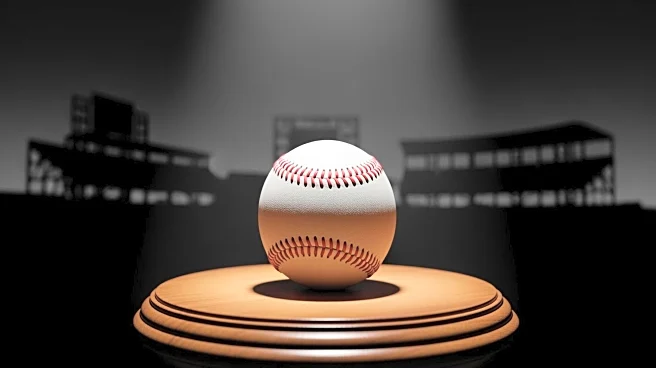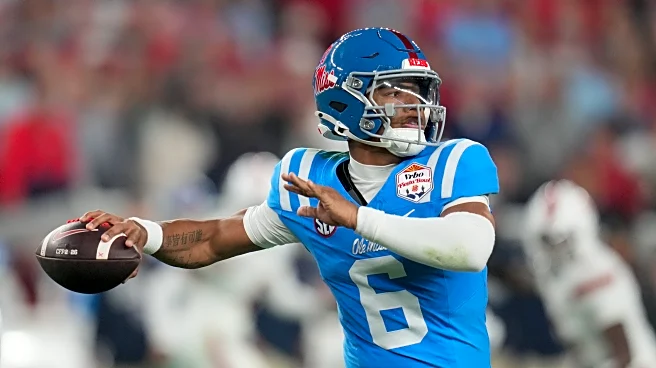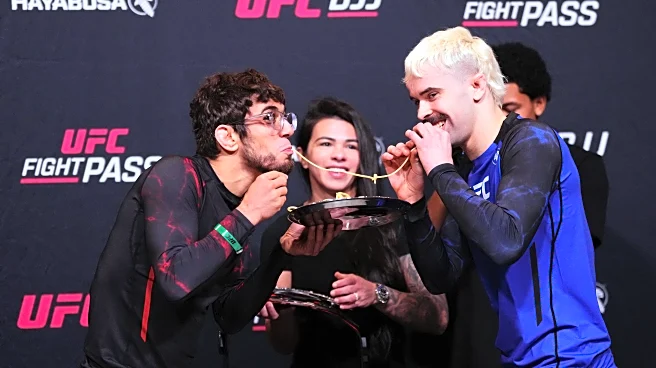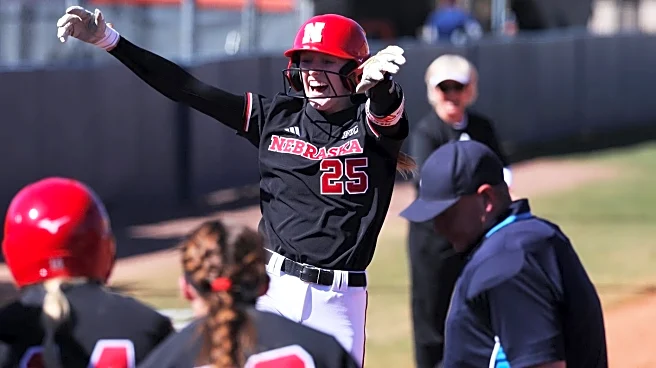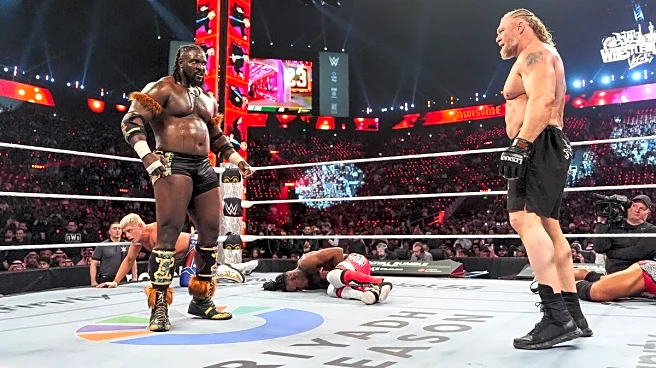What's Happening?
The Baseball Writers' Association of America (BBWAA) has released the ballot for the 2026 Baseball Hall of Fame class, featuring 15 returning players and 12 newcomers. Notable names include Carlos Beltrán, who narrowly missed induction last year, and newcomers such
as Cole Hamels, Ryan Braun, and Matt Kemp. Beltrán, a nine-time All-Star, has seen his vote percentage increase over the years despite his involvement in the 2017 Astros sign-stealing scandal. Other returning candidates include Alex Rodriguez and Manny Ramirez, both of whom have been linked to performance-enhancing drugs. The ballot also includes players like Andruw Jones and Chase Utley, who are seeking significant gains in their vote percentages.
Why It's Important?
The Hall of Fame ballot is significant as it reflects the evolving standards and perceptions within baseball regarding player achievements and controversies. The inclusion of players linked to scandals, such as Beltrán and Rodriguez, highlights ongoing debates about ethics and legacy in sports. The ballot also underscores the challenges faced by starting pitchers in gaining Hall of Fame recognition due to changing roles and expectations in the sport. The results of this ballot could influence future voting patterns and the criteria for induction, impacting how baseball history is preserved and celebrated.
What's Next?
The BBWAA members will cast their votes, with results announced on January 20, 2026. Players need at least 75% of the vote for induction, while those receiving at least 5% remain on the ballot for future consideration. The Hall's contemporary baseball era committee will also evaluate candidates from 1980 onwards, with results announced on December 7. These processes will determine the next class of inductees and potentially shift the narrative around controversial figures in baseball.
Beyond the Headlines
The Hall of Fame voting process often sparks discussions about the moral and ethical standards in sports, particularly concerning players with ties to scandals. The evolving criteria for induction may reflect broader societal changes in how achievements and transgressions are weighed. Additionally, the ballot highlights the need for reevaluating the standards for starting pitchers, as their roles have shifted significantly over the decades.
